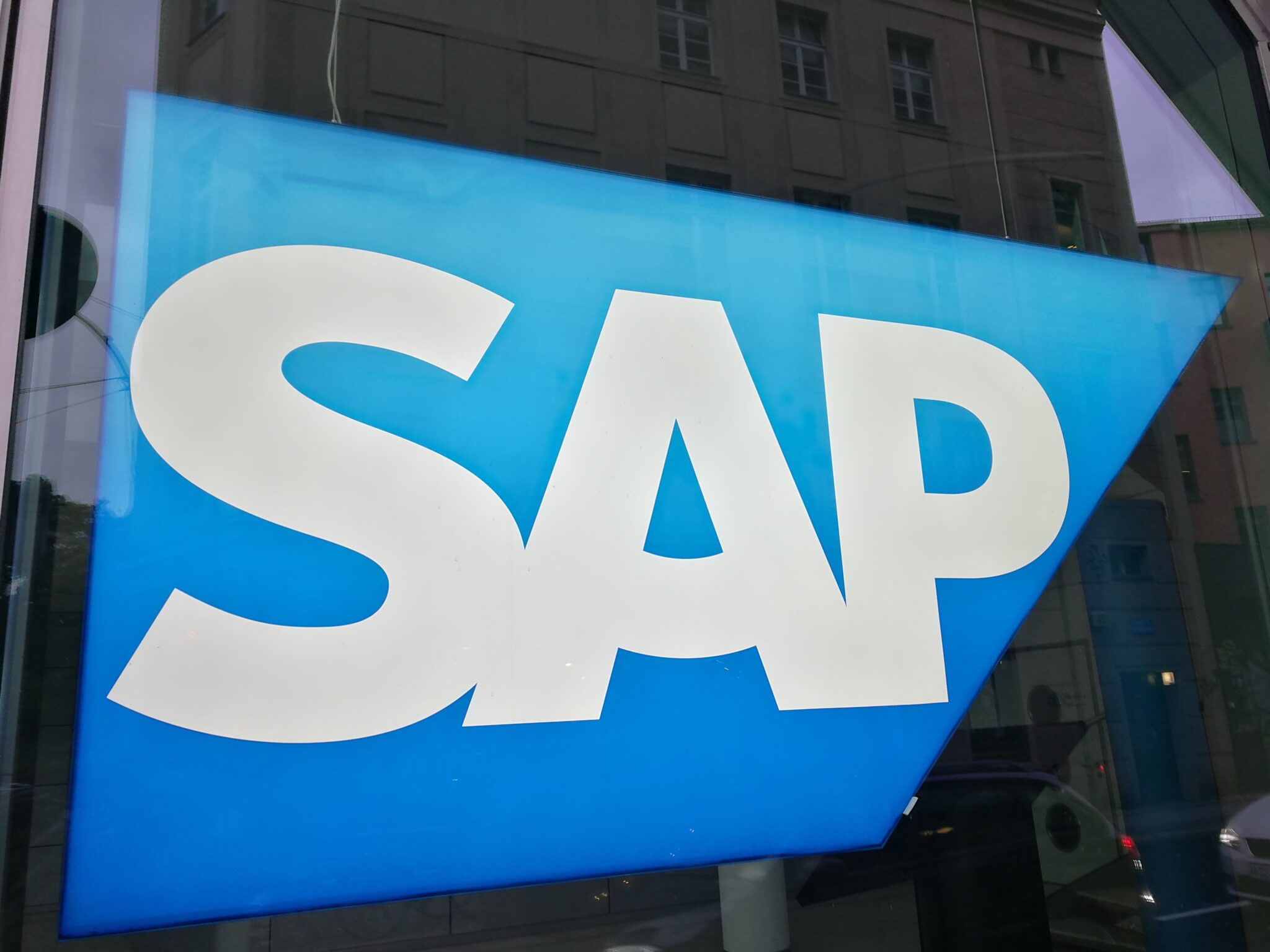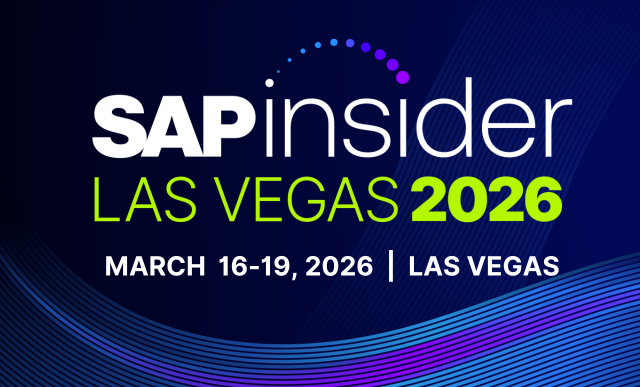How Microsoft 365 Copilot and SAP Joule Integration is Redefining Enterprise Productivity
Meet the Authors
Key Takeaways
-
The integration of SAP’s Joule AI copilot with Microsoft 365 Copilot creates a unified experience that enhances productivity by allowing seamless interaction with enterprise data while minimizing application switching.
-
This collaboration bolsters contextual intelligence, enabling employees to make smarter, data-driven decisions by combining insights from SAP's business data with Microsoft 365's productivity tools.
-
The customizable features of SAP’s Joule Studio allow organizations to tailor AI solutions to specific operational needs, reinforcing the importance of ethical AI development and positioning businesses for long-term success in a competitive landscape.
As artificial intelligence becomes central to enterprise innovation, Microsoft and SAP have introduced a significant advancement: the integration of SAP’s Joule AI copilot with Microsoft 365 Copilot. This strategic collaboration delivers a unified, intelligent user experience across core business applications, designed to enhance productivity, streamline decision-making, and drive business value at scale.
Unifying Enterprise Workflows Across SAP and Microsoft
The SAP Joule and Microsoft 365 Copilot integration enables seamless interoperability between platforms, allowing users to interact with enterprise data and execute tasks without switching applications. For example, an employee working in Microsoft Teams can access and manipulate SAP S/4HANA data using natural language queries, while a finance leader using SAP Concur can schedule meetings or draft communications directly through Microsoft Outlook.
By reducing the need for application switching, the integration helps eliminate inefficiencies, minimizes friction across processes, and supports a more intuitive work environment.
Explore related questions
Amplifying Contextual Intelligence for Smarter Decision-making
This bi-directional integration creates a deeper layer of contextual intelligence. Employees can combine SAP’s enterprise-grade business data with Microsoft 365’s productivity suite to generate richer, more actionable insights.
Consider a product launch scenario: A product manager can query SAP SuccessFactors for skill profiles needed for the project, coordinate tasks in Teams, and track timelines via Microsoft Planner—all enabled by SAP Joule and Microsoft Copilot working in concert. By streamlining these traditionally fragmented workflows, organizations empower employees to move faster, collaborate more effectively, and make decisions grounded in real-time enterprise data.
Enabling Customization and Flexibility Through Joule Studio
Beyond out-of-the-box integration, SAP’s Joule Studio offers businesses the ability to customize AI agents to meet specific operational needs without deep technical expertise. Organizations can develop domain-specific copilots tailored to unique processes, further accelerating transformation initiatives and enhancing organizational agility.
This flexibility positions enterprises to extend the value of the integration, adapting it to their evolving digital strategies.
Ensuring Trust and Accountability in AI Adoption
Both SAP and Microsoft have placed a strong emphasis on responsible AI development. SAP’s AI policy, closely aligned with UNESCO’s ethical guidelines, ensures that AI applications are built with human oversight, fairness, and transparency. Microsoft’s Responsible AI Standards reinforce similar principles, prioritizing security, compliance, and ethical AI practices.
For enterprises under increasing regulatory scrutiny, this shared commitment to responsible AI design is critical to mitigating risk while scaling intelligent technologies across the business.
Strategic Implications for the Enterprise
The integration of SAP Joule with Microsoft 365 Copilot is more than a technical achievement—it signals a new chapter in enterprise automation and collaboration. By combining the strengths of two of the most widely adopted enterprise platforms, organizations can unlock new efficiencies, accelerate innovation, and empower employees with AI-driven insights that directly support strategic objectives.
As the competitive landscape continues to evolve, businesses that invest in integrated, responsible AI capabilities will be better positioned to lead in the digital economy.
What This Means for SAPinsiders
Eliminate inefficiencies through seamless interoperability. By integrating SAP Joule with Microsoft 365 Copilot, enterprises can significantly reduce operational friction by enabling employees to access SAP data and execute Microsoft 365 tasks from a single interface. Research shows that enterprises lose up to 20% of their productivity due to time spent switching between applications. Consolidating workflows across SAP and Microsoft platforms directly addresses this challenge, driving measurable improvements in employee productivity, collaboration, and engagement.
Enhance strategic decision-making with unified data access. Unified access to SAP’s enterprise-grade datasets and Microsoft 365’s collaboration environments enables faster, smarter business decisions. In a McKinsey survey, organizations that adopted AI-driven data strategies reported 5–10% improvements in operational efficiency and a 5% increase in revenues. By deploying integrated AI copilots, companies can surface insights that would otherwise remain buried across siloed systems—enabling quicker time-to-decision, more accurate forecasting, and improved outcomes for key business initiatives.
Prioritize ethical, adaptable AI strategies for long-term competitive advantage. Custom AI agents built through SAP’s Joule Studio allow organizations to create tailored solutions without requiring extensive development resources, fostering agility and innovation. Meanwhile, SAP and Microsoft’s shared focus on responsible AI ensures alignment with global standards for fairness, transparency, and accountability. This is increasingly critical as 90% of executives cite responsible AI governance as a key factor in building customer trust and minimizing regulatory exposure, according to a World Economic Forum survey. Organizations that invest today in ethical, adaptable AI foundations will be better equipped to scale innovation safely—and differentiate themselves in a crowded, fast-moving marketplace.






